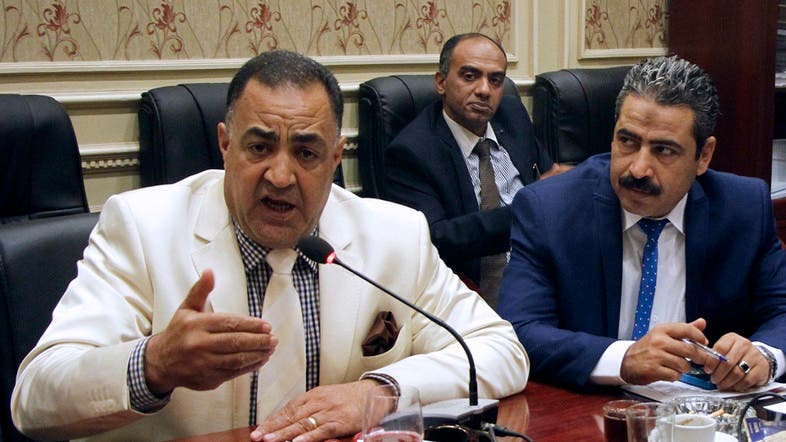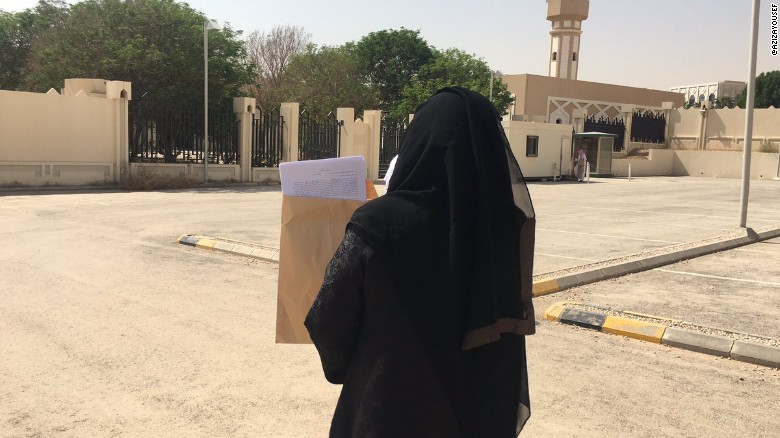by Yesim Usluca
Impunity Watch Reporter, Middle East
RIYADH, Saudi Arabia — The United Nations demanded that Saudi Arabia end “severe” discrimination against girls and abolish laws which allow the stoning, amputation, flogging and execution of children.

On Friday, October 7th, the U.N. Committee on the Rights of the Child issued its review of Saudi Arabia’s record of compliance with the U.N. Convention on the Rights of the Child. The report declared that in Saudi Arabia, children over fifteen years old are tried as adults and can be executed after “trials falling short of guarantees of due process and fair trial.” The U.N. Convention, however, defines “children” as individuals under eighteen. The report further stated that Saudi Arabia continues to “sentence to death, and execute, persons for offenses that they allegedly committed when they were under the age of eighteen.”
The Committee consists of eighteen independent experts who monitor the implementation of the U.N. Convention. It highlighted several cases where minors had been sentenced to death, including at least four of the 47 people executed in January 2016, who were under eighteen when they were sentenced to death. It determined that a major problem in the country is that the decision of whether an individual will be treated as an adult is left to judges.
Mr. Jorge Cardona, who is a Committee member, stated that the possibility of imposing the death penalty on children as well as the possibility of sanctions and mistreatment, including harsh punishments such as torture and being flogged, are very serious concerns. The Committee Chair, Mr. Benyam Mezmur, indicated that it had consistently received reports of the death penalty being applied to offenses committed by individuals under the age of eighteen. Mr. Mezmur noted that there are only five countries in the world, including Saudi Arabia, that the U.N. engages on this issue with. He identified the other countries as Iran, Pakistan, China and the Maldives.
Mr. Bandar Bin Mohammed Al-Aiban, who is the Head of the Saudi delegate to the Committee and Chairman of the U.N. Human Rights Commission, indicated that Islamic law is above all laws and treaties, including the Convention on the Rights of the Child. He insisted, however, that the kingdom had the political will to protect children’s rights. The Saudi Arabian government has not issued a statement in response to the conclusions set forth in the U.N. report.
For more information, please see:
Daily Mail—UN watchdog demands Saudis stop child executions—7 October 2016
Reuters—U.N. body calls on Saudi Arabia to end laws allowing executions of children—7 October 2016
Middle East Monitor—UN, Saudi disagree over abuse of children—7 October 2016



